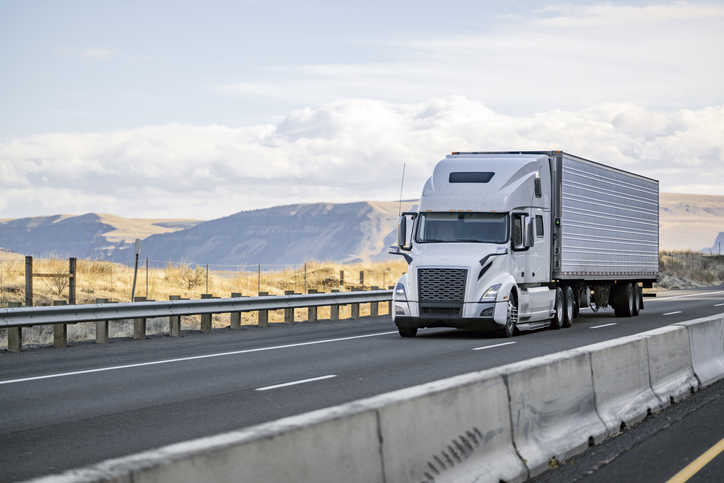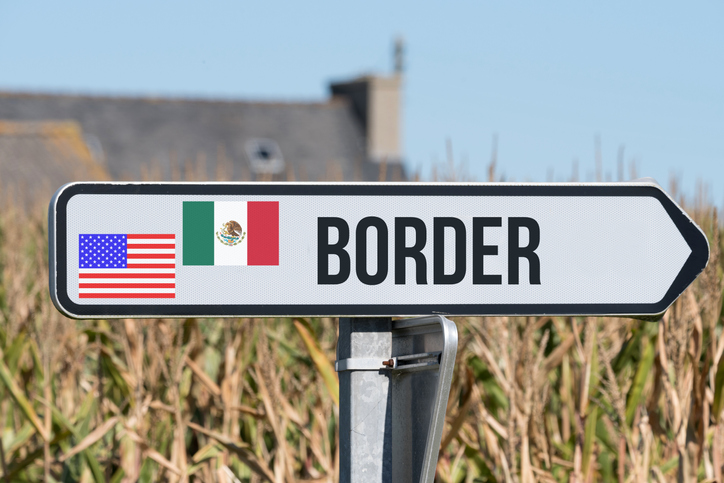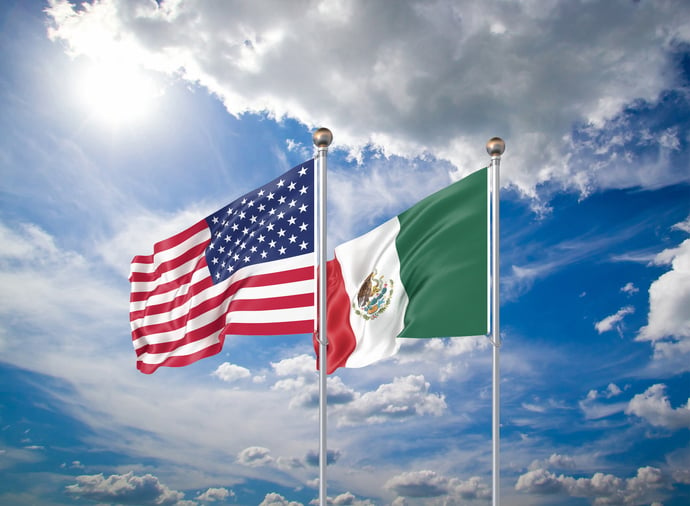What if you could lower shipping costs, meet every deadline, and ensure your goods arrive safely all at the same time? Full truckload (FTL) shipping offers this solution by dedicating an entire trailer to your shipment, ensuring unmatched efficiency and reliability.
FTL operations, supported by freight consolidation, reduce fuel consumption and empty miles, improving efficiency and cutting carbon emissions. According to a survey, 21% of U.S. truckload freight capacity is wasted due to underutilized trailers. FTL shipping addresses this inefficiency, making it a sustainable choice for businesses.
Modern FTL providers use real-time tracking and data analytics to improve delivery accuracy and adapt to shifting demands. This enhances customer satisfaction while supporting environmentally conscious operations.
Get ready to uncover how FTL shipping cuts costs, boosts reliability, maximizes efficiency, and drives sustainability through optimized operations. In the next sections, we’ll explore its impact on creating a smarter, greener supply chain.
How Full Truckload Reduces Shipping Costs
Full truckload cuts costs offering a smarter, more sustainable approach to logistics, unlike less than truckload (LTL). The following problem-solution section explores how FTL shipping addresses the inefficiencies and high costs of LTL shipping, offering a smarter, more sustainable approach to logistics.
The Problem
Businesses relying on LTL shipping face high costs due to multiple stops, handling fees, and increased transit times. Inefficient freight management leads to underutilized trailers, higher fuel consumption, and greater environmental impact.
The Solution
FTL shipping eliminates these issues by dedicating an entire trailer to one shipment. With freight consolidation and optimized routes, FTL operations lower fees cut fuel consumption, and improve efficiency.
Truckload Operations for Reliable Deliveries
FTL shipping ensures reliability by using an entire trailer for one shipment, cutting delays and risks. Unlike LTL, fewer stops mean smoother and faster deliveries.
With FTL services, seamless transit reduces handling, ensuring goods arrive intact and on schedule, even on long-haul routes. Here are 3 tips for reliable deliveries:
- Choose Trusted Carriers: Reliable partnerships ensure consistent service.
- Optimize Routes: Use tools to cut congestion and boost fuel efficiency.
- Track Shipments: Real-time tracking adds visibility and helps prevent disruptions.
Freight Consolidation to Maximize Efficiency
Freight consolidation plays a crucial role in FTL shipping by making logistics more efficient and environmentally friendly. For you to have a balanced view of its advantages and potential limitations here are the key pros and cons:
Pros
- Maximized Load Capacity: Combines goods into one FTL, reducing the need for multiple trucks.
- Cost-Effective: Lowers transportation costs by optimizing the use of trailer space.
- Supports Green Logistics: Reduces empty miles by up to 15%, cutting fuel consumption and emissions, and helping to lower the carbon footprint.
- Improved Truckload Shipping: Simplifies the movement of goods and enhances delivery reliability through streamlined operations.
- Sustainability Initiatives: Enhances environmentally responsible operations, making meeting customer expectations for green logistics easier.
Cons
- Complex Coordination: Requires precise planning to combine shipments efficiently, especially for goods across different hubs.
- Potential Delays: Mismanagement or fluctuating demand can disrupt schedules, impacting the flow of goods.
- Not Always Suitable: Industries with urgent or last-mile delivery needs may not benefit as much from consolidation.
Sustainable Practices in Truckload Shipping
Sustainable practices in truckload operations are pivotal in the logistics industry, helping businesses reduce emissions, adapt to demand, and boost efficiency. The following highlights how FTL shipping and freight consolidation optimize transport and drive a sustainable future.
Scenario # 1: Saving Fuel and Cutting Emissions
Take, for example, a retailer that switched from LTL to FTL shipping and, combined shipments into fewer trucks. They reduced costs and supported an eco-friendly strategy by enhancing the truckload operations.
Scenario # 2: Using Greener Technology
Picture an online store that adopted electric trucks and route-planning tools to deliver faster while using less fuel. These upgrades reduced costs and helped the company promote an eco-friendly strategy.
Scenario # 3: Adapting to Seasonal Demand
For instance, a shipper adjusted their truckload shipping strategy during peak seasons, using tools to combine freight and reduce the number of trucks on the road. This kept deliveries on time and supported their sustainability goals.
Ready to Revolutionize Your Logistics with Visigistics?
What if you could simultaneously lower costs, guarantee on-time deliveries, and simplify your supply chain? At Visigistics, we make it happen with solutions built for your business. We specialize in full truckload shipping, freight consolidation, and reliable truckload operations, ensuring your logistics are efficient, seamless, and sustainable.
We know managing fluctuating volumes and staying competitive is tough. We are here to help. Using advanced tools and reliability to move goods efficiently, reduce your carbon footprint, and keep your supply chain running smoothly.
Don’t let logistics inefficiencies hold you back. Visigistics delivers smarter, greener, and more reliable solutions to power your business success. Contact us today and let us show you how we can optimize your supply chain for a more sustainable future.
Frequently Asked Questions
What is full truckload (FTL) shipping?
Full truckload shipping uses an entire trailer for a single shipment. It reduces costs, improves efficiency, and ensures faster delivery.
How do truckload operations improve delivery reliability?
Truckload operations reduce delays by minimizing stops and handling. This ensures goods arrive on time and intact, even on long-haul routes.
What is freight consolidation and how does it help?
Freight consolidation combines smaller shipments into one FTL. It maximizes trailer space, reduces costs, and supports sustainability.
Why should I choose truckload shipping over less-than-truckload (LTL) shipping?
Truckload shipping is more cost-effective for larger shipments. It eliminates multiple stops and handling, ensuring faster and safer deliveries.
How does full truckload shipping contribute to sustainability?
Full truckload shipping reduces empty miles, fuel consumption, and emissions. Truckload operations and freight consolidation help businesses lower their environmental impact.





